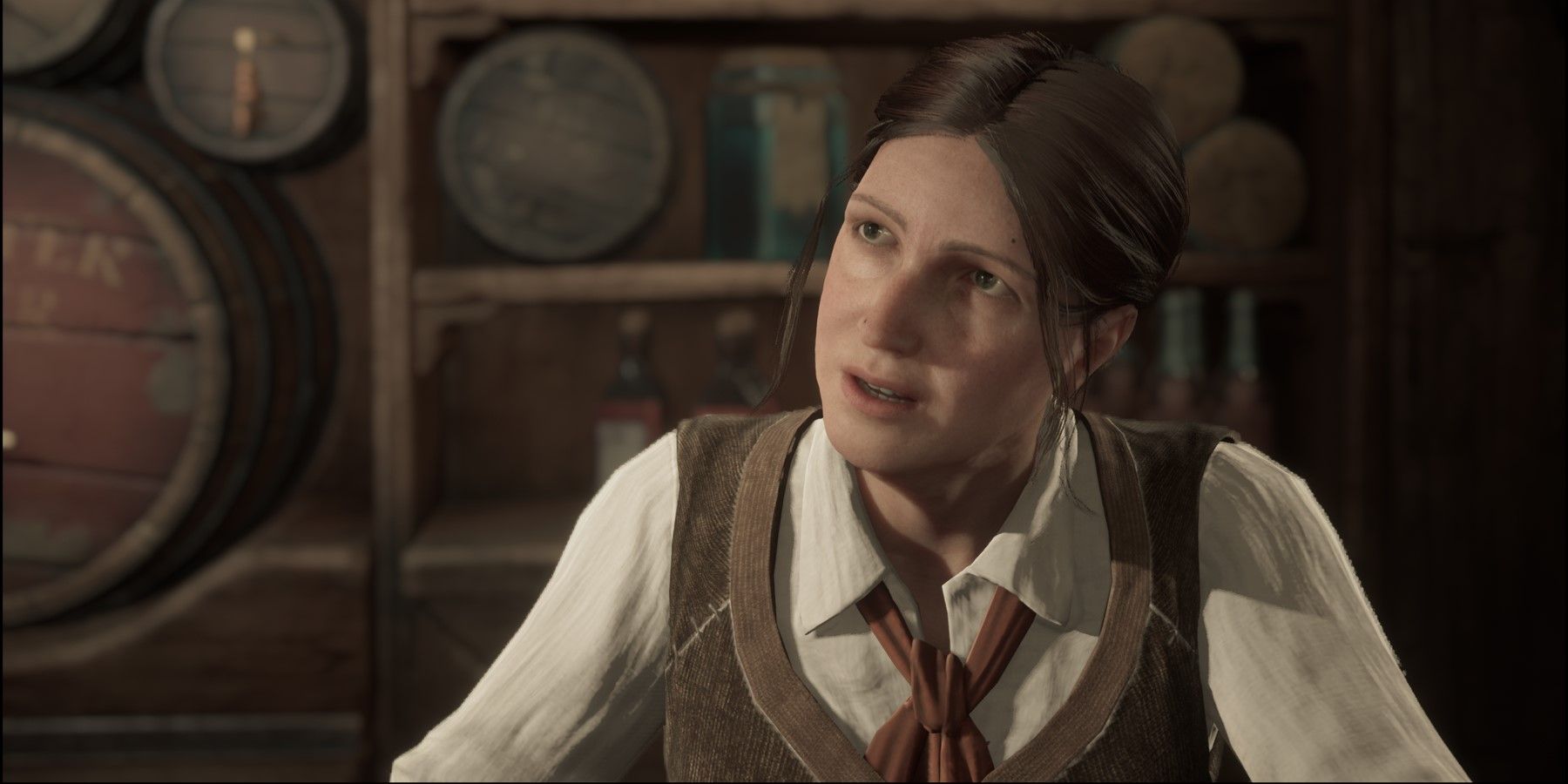
Hogwarts Legacy's Controversial Lack of Trans Representation

Hogwarts Legacy's lack of transparency with its transgender representation added fuel to the fire of its already controversial release, causing backlash from gamers and critics alike
Hogwarts Legacy's release has garnered widespread controversy for multiple reasons, including J.K. Rowling's vocal anti-trans sentiments and the apparent lack of meaningful response from the developer. Additionally, the game's portrayal of the Goblin Rebellion has been criticized for promoting anti-Semitic themes, which has further alienated potential players. Despite the introduction of Sirona Ryan, a transgender witch, many gamers have felt betrayed by the developer's silence and the character's lackluster representation.
Although J.K. Rowling was not involved in the creation of Hogwarts Legacy, the game was marketed at a time when the author was boasting about her earnings from the Harry Potter franchise in response to criticism from the trans community. The name "Sirona Ryan" has also been met with skepticism from former Harry Potter fans, who are familiar with Rowling's tendency to give stereotypical characters on-the-nose names, such as the inclusion of Asian characters as Cho Chang in the book series. Furthermore, Sirona's dialogue in Hogwarts Legacy does not allow her to truly shine as the first canonical trans character in Rowling's universe.
Why Hogwarts Legacy's Sirona Ryan Was Too Little, Too Late
Despite having the opportunity to showcase Sirona, Hogwarts Legacy's trans character, through marketing material, Avalanche Software failed to do so. This missed opportunity could have sent a powerful message to those hurt by J.K. Rowling's harmful comments, many of whom were once loyal fans of the Harry Potter franchise. Instead, the game faced boycott attempts from individuals who were opposed to Rowling profiting from yet another Harry Potter-inspired project. By prominently featuring Sirona's transgender identity prior to the game's launch, Hogwarts Legacy could have avoided much of the controversy it faced. Unfortunately, players only learned of Sirona's identity by playing the game, and her only reference to it was a brief comment about being mistaken for a wizard. These choices were ultimately disappointing.
Despite the character's introduction being intended as a gesture of goodwill towards the trans community, it came across as clumsy at best. When questioned about the Rowling controversy and support for trans people in interviews, the developer avoided the topic, despite having the opportunity to discuss Sirona Ryan's gender identity in Hogwarts Legacy.
While it's possible that things were more complicated on an administrative level, it's clear that transgender representation within the game fell short. The sales numbers for Hogwarts Legacy and the announcement of a Harry Potter Quidditch game only serve to bring Rowling back into the spotlight, which does nothing to benefit the well-being of the trans community. It's our hope that a potential sequel to Hogwarts Legacy will rectify the depiction of Sirona and offer a more meaningful representation of trans people - not just within the game, but beyond it as well.














